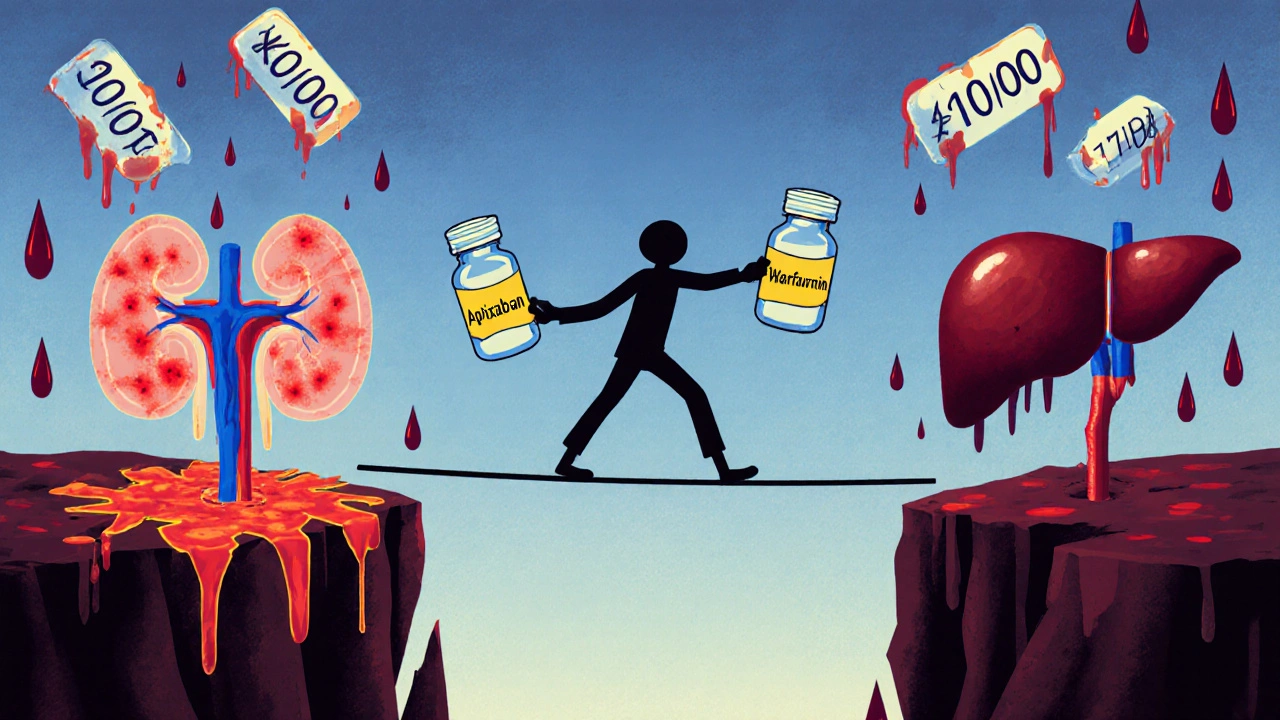Liver Disease — What You Need to Know Now
If your liver could talk, it would ask for less booze, better food, and fewer risky pills. The liver quietly handles toxins, medicines, and metabolism. When it’s stressed, small problems can turn serious fast. This page gives clear, useful steps to spot trouble, protect your liver, and handle medicines safely.
Common causes and warning signs
Several things harm the liver: viral hepatitis (A, B, C), nonalcoholic fatty liver disease (NAFLD) tied to obesity and diabetes, heavy alcohol use, certain prescription drugs, herbal supplements, and genetic or autoimmune conditions. Watch for yellow skin or eyes (jaundice), dark urine, pale stools, persistent tiredness, belly pain or swelling, itchy skin, and unexpected bruising or bleeding. If you notice these, contact a clinician fast.
Not all liver disease causes pain at first. Blood tests often catch trouble earlier. Common liver blood tests are ALT, AST, alkaline phosphatase, bilirubin, albumin, and INR. Imaging like ultrasound or FibroScan helps check scarring (fibrosis). Your doctor may recommend a liver biopsy in some cases.
Medications, supplements, and what to watch for
Many drugs can stress the liver. Acetaminophen is the most common cause of acute liver injury when taken too high. Stick to recommended limits—typically no more than 3,000 mg per day unless your doctor sets a different safe dose. Other meds that may require monitoring include high-dose methotrexate, isoniazid, some antifungals and antibiotics, amiodarone, and certain herbal products like kava or unregulated green tea extracts.
If you start a new medicine, ask your prescriber whether it can affect the liver and whether you need baseline or follow-up blood tests. Keep track of all pills and supplements you take. That list helps your provider spot interactions and avoid accidental harm.
Thinking of ordering meds online? Use licensed pharmacies, require a prescription for prescription drugs, and check pharmacy reviews and credentials. If a site offers powerful drugs without a prescription or extremely low prices, treat it as risky.
Simple daily steps help protect the liver: limit alcohol, lose weight if overweight, control blood sugar, avoid risky tattoos or needles, and get vaccinated for hepatitis A and B if you’re at risk. Cut down on unnecessary supplements and talk with your clinician before starting anything new.
When to get urgent care: sudden jaundice, severe abdominal pain, confusion, persistent vomiting, fainting, or signs of internal bleeding. These can mean serious liver failure and need immediate attention.
Finally, stay proactive. Regular checkups, clear medication lists, and a few lifestyle changes go a long way. If you have liver disease, work with your medical team to track tests, adjust medicines, and plan safe care that fits your life.
Anticoagulation in Kidney and Liver Disease: What Doctors Really Do
Managing blood thinners in kidney and liver disease is complex. Apixaban is often safest in moderate kidney disease, while warfarin remains common in severe cases. DOACs are risky in advanced liver failure. Real-world decisions rely on individual risk, not just guidelines.
Exploring the Connection Between Chronic Hepatitis C and Respiratory Health
Chronic Hepatitis C, primarily known as a liver disease, also impacts other parts of the body including the respiratory system. Understanding the relationship between this viral infection and certain respiratory conditions is crucial for patients and healthcare providers. This article delves into how Hepatitis C can affect lung health, examines related complications, and offers guidance for managing symptoms and improving quality of life. Awareness and proactive management strategies play key roles in mitigating respiratory issues associated with chronic Hepatitis C.


